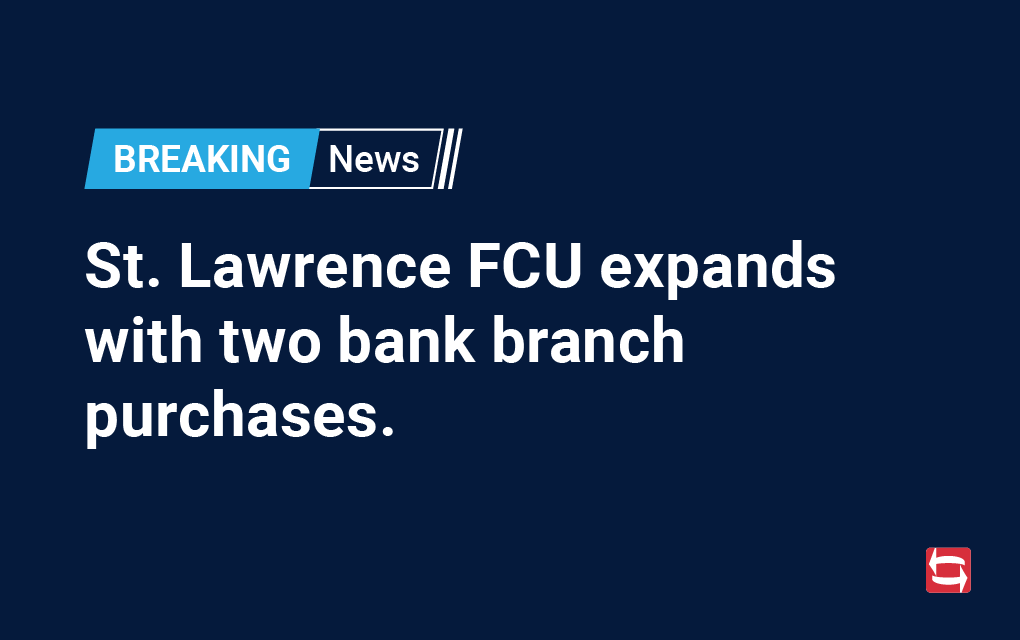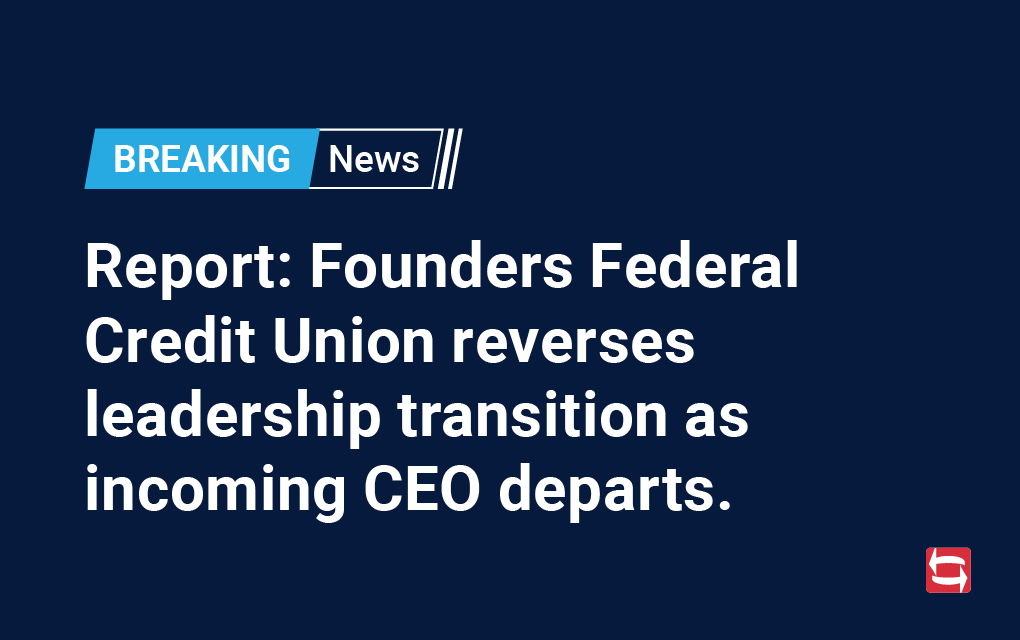
NCUA approves ‘second chance’ rule to allow offenders to work in CU industry
The NCUA board Thursday said it will no longer ban for a lifetime those who have been convicted of certain crimes
The National Credit Union Administration approved a final rule allowing people with convictions for certain minor or older offenses to work in the credit union industry without applying for the NCUA board’s approval.
The rule eliminates the current lifetime ban for those with disqualifying convictions from work in the sector.
“Providing career opportunities for those who want nothing more than a second chance — to be responsible, to earn an honest wage, and to pursue a rewarding career in the credit union system — is a tale of redemption and inspiration,” NCUA Chairman Todd Harper said at the agency’s monthly board meeting Thursday. “It’s also a matter of equity. And, it proves people have the capacity to make amends and change the direction of their lives for the better.”
The rule generally prohibits, except with the prior written consent of the NCUA board, a person who has been convicted of or has a program entry for certain criminal offenses involving dishonesty or breach of trust from participating in the affairs of a credit union.
The rule excludes minor offenses, including certain designated lesser offenses and most drug-possession offenses and older misdemeanors from the “dishonesty or breach of trust” category of covered crimes.
America’s Credit Unions’ senior regulatory affairs counsel Amanda Smith wrote the NCUA on the issue and said the association supports the rule, noting that “credit unions embody the second chance philosophy and serve a number of populations that may be disenfranchised or unbanked.”
Smith pointed out that the NCUA had worked to address hiring issues prior but added that the Fair Hiring in Banking Act extends greater relief to certain individuals.
However, she said that credit unions “indicate that the reluctance to hire candidates with criminal records may be more strongly influenced by both the need to gain consent from the NCUA board and the potential bondability of the candidate than concerns regarding the criminal offense.”
NCUA Vice Chairman Kyle Hauptman said the rule is in sync with the culture of the credit union movement.
“While the NCUA isn’t part of that movement, it’s easier to implement rules that align with an industry’s culture,” Hauptman said. “Credit unions were one of the original answers to the challenges of financial inclusion. We must thoughtfully consider any decision to exclude individuals and groups from employment or service on the board of directors.”
“With today’s labor market, few employers are immune to the challenges of hiring. There is a massive array of potential workers out there who have paid their debt to society, or whose offenses are relatively minor.”
– Kyle Hauptman
Vice Chairman
NCUA








